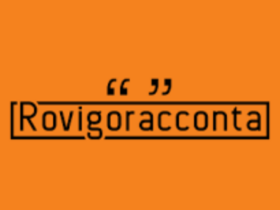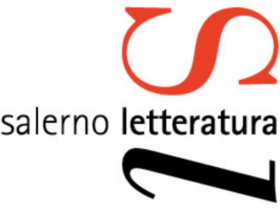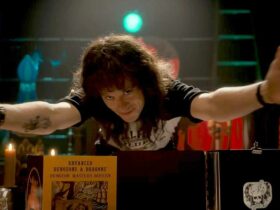On the occasion of World Refugee Day we will review a book that is perhaps little known but which is worth reading. Here is the review of If it were your son by Nicolò Govoni
The June 20 we will celebrate the World Refugee Day. This commemoration was announced by the United Nations after the approval in 1951 of the Convention relating to the status of refugees. It was first celebrated in 2001.
The plot | Review If It Was Your Child
Nicolò Gavoni, candidate for the award Nobel for peace, in this book he writes about topics entirely lived by himself. He is a young man of twenty-seven when he meets a child, whose name is Hammudi, a Samos. Samos is an island in the Aegean Sea, the first place of arrival for migrants from Turkey and Hammudi is one of the many refugees who have arrived to escape the war. Nicolò is struck by her smile, able to survive the pain and difficulties. Along with him many other kids whose lives have been changed forever. Captured by their souls and troubled by the conditions of the hotspots in which they are forced to live, Nicolò decides to open a school, Mazì which in Greek means together. Hammudi thus learns that home does not mean a brick house but what it feels like to be mazì, together, and that anyone who wants your good can be a family.
Nicolò Gavoni | Review If It Was Your Child
Nicolò Gavoni is a young writer and activist, a member of the non-profit organization Still I Rise who, through books, tells about his travels and his ideas. He decided to lead a nomadic life, thus denying himself a comfortable life. He says he was a troubled teenager and was saved from a deep crisis by one of his teachers. He, just like that teacher, decided to save thousands of kids and educate them.

Against silences
If it was your son it is soul, heart, pain, blood, hope. Through his flow of thoughts, Nicolò tells us about a truth that is unfortunately often hidden. At the base there is a deep desire to help and to be the change. Reading the book, however, one realizes that if on the one hand it tells the story of these young people, on the other it tries to tell the silences and failures of the EU in what appears to be a real accusation.
Those kids do not have the right psychological and physical care, the right welcome and are often subjected to verbal or physical violence. They escaped from the horrors of war, from persecutions, from tragedies, from gunshots, from terror to find themselves in terrible conditions, alone and abandoned. In this way, the volunteers of the non-profit organization present an act of denunciation to the local government and the European Parliament to push them to finance those hotspots by making them a livable place.
IS an accusation to associations, to Europe, to humanity, started by a small non-profit organization and a few volunteers which now involves Unicef, Save the children and has been noticed by numerous states.
And as Hammudi teaches us, family is not just kinship. The family is love, good and a lived life. You can love a child even if it is not a family member. The term “familiarIs not always related to a family member. Familiar can be a poor, dirty child, with terror in his eyes and hope in his smile. Nicolò prompts you to think about what you would do if, among those refugees, those slums there was really a child of yours. What would you do? Because the question to ask is only one: if it was your son?
Points in favor
- Honest
- Strong and deep
- Thoughtful
- A slap capable of waking dormant souls















Leave a Reply
View Comments